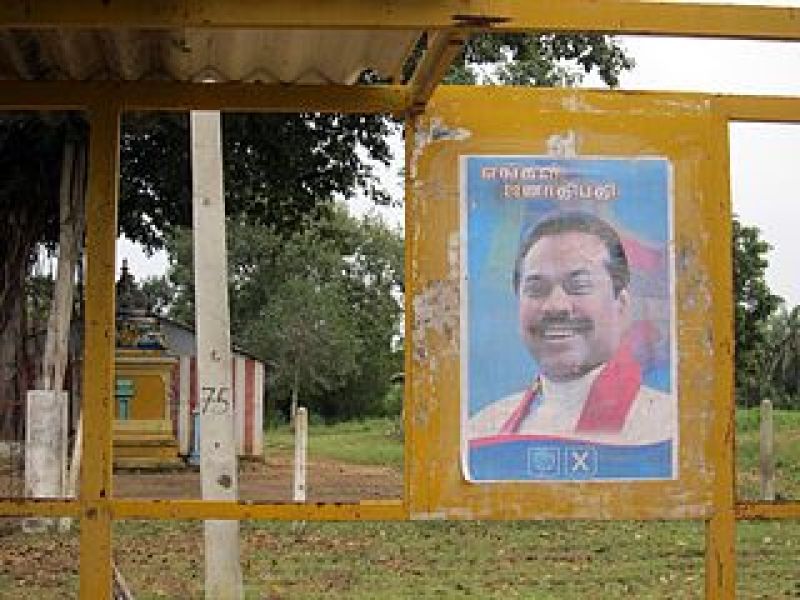
Government representatives have confirmed that Sri Lankan president Mahinda Rajapaksa signed the proclamation for an early election on Thursday after the Supreme Court gave their blessing. Rajapaksa might have been aware of the outcome beforehand, as the announcement occurs after his United People's Freedom Alliance (UPFA) political party approved the end of the traditional two-term limit for presidents with their overwhelming majority in the Sri Lankan parliament. Political analysts have even suggested that Rajpaksa may strive for ongoing presidential terms for as long as the people will vote him in.
Rajapaksa was first elected into the leadership role in 2005 and experienced a massive increase in popularity after he led Sri Lanka into its first period of peace after a 26-year-long civil war between government forces and the Tamil Tigers rebels. Although a United Nations panel identified the occurrence of 40,000 civilian deaths under Rajapaksa's watch in a 2011 report, and his government is still under pressure due to claims of ongoing human rights abuses regarding the nation's Tamil minority, the Sri Lankan government insists that any humans rights allegations are unfounded.
Furthermore, analysts have also suggested to the media that Thursday's proclamation is in response to increasing dissatisfaction among Sri Lankans due to rising prices and the fact that Rajapaksa has still not sufficiently addressed accusations of nepotism. Although the president denies the claims of nepotism against him, he has favored family members in political matters, including the appointment of major positions, and some of the nation's largest companies are overseen by Rajapaksa's familial relations.
The UPFA won provincial elections in September, but the winning margin was narrow in comparison to the last national elections in 2009, which was immediately after the cessation of the civil war. Since the signing of the proclamation, it is now up to the Electoral Commission to accept candidacy nominations and decide the date that the polling booths will open.


















